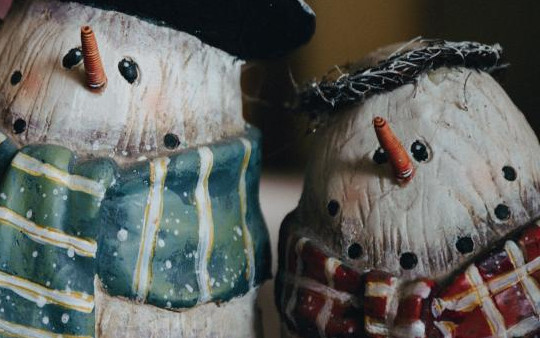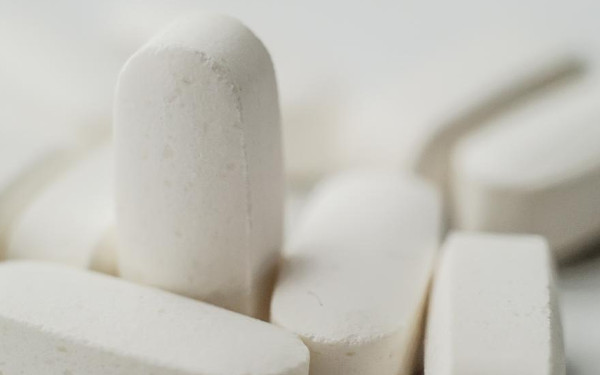*Please consult your GP if you have any health concerns
Top winter tips for you and your family
- Eat well – Hot meals and drinks help to keep you warm.
- Give warm drinks to the children throughout the day – warm milk, hot chocolate, warm juices and herbal tea etc.
- Keep active. Move around in your house or do chair based exercises
- Keep children active – Don’t let them sit in front of computer/TV for too long
- Keep warm – Wear layers of clothes as this keeps you warmer than one thick item
- Keep room temperature between 18° – 21° Celsius
- Use hot water bottle or electric blanket for the bed but not both at same time
- Draw curtains at dusk and keep doors closed
- Stay positive – The cold, dark winter months can leave you feeling low. Take vitamin D supplements and eat food containing calcium to help absorb the vitamin
- Go out / take the children out at least once a day to get some fresh air especially when the sun is shining even if it is for a short while.
- Wear hat, gloves and a scarf when going out
- Keep cold, flu, and sore throat medication at home. Your pharmacist can advise you on how to manage minor illnesses.
Cold homes have an impact on people’s health. One of the best ways of keeping well during winter is to stay warm.
Keeping warm over winter months can help prevent colds, flu or more serious health conditions such as heart attacks, strokes, pneumonia and depression.
Some people are more vulnerable to cold related illness
- If you are over 65
- If you are on a low income – can’t afford heating
- If you have a long term condition – e.g. respiratory disease, asthma, heart disease such as heart failure, chronic kidney disease, diabetes etc.
Common Winter Ailments
Colds and Flu
Colds and Flu share some similar symptoms but are caused by different viruses.
Cold
- Runny/blocked nose
- Sore throat
- Sneezing
- Cough
Flu
- Sudden fever of 38-40 ° Celcius
- Muscle aches and pain
- Sweating
- Feeling exhausted and need to lie down
- Dry chesty cough, sneezing
It is sometimes difficult to tell the difference between a cold and flu. The symptoms of both colds and flu can be managed without seeing your doctor. However get medical help if:
- You have a long term condition such as Asthma, Diabetes, Heart Disease
- You have a very high fever as well as an unusually severe headache, or abdominal / chest pain.
Help prevent colds and flu spreading by:
- Sneezing or coughing into a tissue
- Throwing the tissue away
- Washing your hands
- Wiping down / cleaning door handles, cups, glasses and towels
- Getting the flu jab if you’re eligible
Winter Vomiting Bug (Norovirus)
The winter vomiting bug is highly contagious causing vomiting and diarrhoea. There is no cure but it should not last more than a couple of days. It is not generally dangerous and most people make a full recovery withour having to see a doctor.
You should:
- Drink plenty of water
- Take Paracetamol for any fever, or aches and pains
- Eat food that is easy to digest
Stay at home and don’t go to the doctor as there is nothing the doctor can do. However contact your GP for advice if your symptoms last longer than a few days or you already have a serious illness.
Vaccinations for at risk groups
Are you eligible for vaccinations?
Flu vaccination
You can get the flu jab for free if you are:
- 65 or over
- Pregnant
- Have a long term medical condition
- A carer of someone ill / disabled or receiving carers allowance
Talk to your GP, Nurse, or Midwife if you are unsure about the vaccination.
Pneumoccal Vaccination
Pneumoccal vaccination prevents:
- Pneumonia
- Septicaemia
- Meningitis
Children under 2, adults over the age of 65, and children and adults with long term health conditions are more at risk from Pneumoccal virus.
There are two different types of pneumoccal vaccination:
- Given to all children under 2 as part of the childhood vaccination programme.
- Given to people aged 65 or over and people at increased risk.
Sore Throat?
Gargle with salty water. Dissolve 1 teaspoon of salt in a glass of part cooled, boiled water.
Asthma?
- Stay indoors on very cold windy days
- Wear a scarf over your nose and mouth
Avoid slips, trips and falls
Falling can have very serious consequences for the elderly. Even if you don’t have any physical injuries, falls can affect your confidence about going out and even moving around in your own home.
Tips to avoid falls
- Stay as active as you can
- Exercise helps to strengthen muscles and keep you mobile
- Eat a balanced diet
- Keep yourself hydrated, drink about 1.2 litres of fluids every day
- Ensure home is well lit, especially stairs
- Keep your home clutter free, ensure carpets and rugs are well fitted
- Get your eyes checked regularly
- Make sure your shoes and slippers fit properly
- Wear shoes with good grips on the soles if you need to go out
- Put grit (salt and sand) on paths and driveways to lessen risk of slipping
- Do not go out unless you have to if you have a long term condition
Winter Travel
- Listen to the weather forecast before going out
- Check vehicle is ready for winter
- Wait until roads have been gritted before travelling by car
- Prepare a pack of winter essentials to keep in your car for longer journeys:
☆ Blanket and extra clothes, drinks (hot and cold) and food
☆ Ice scraper and de-icer
☆ Torch and spare batteries






